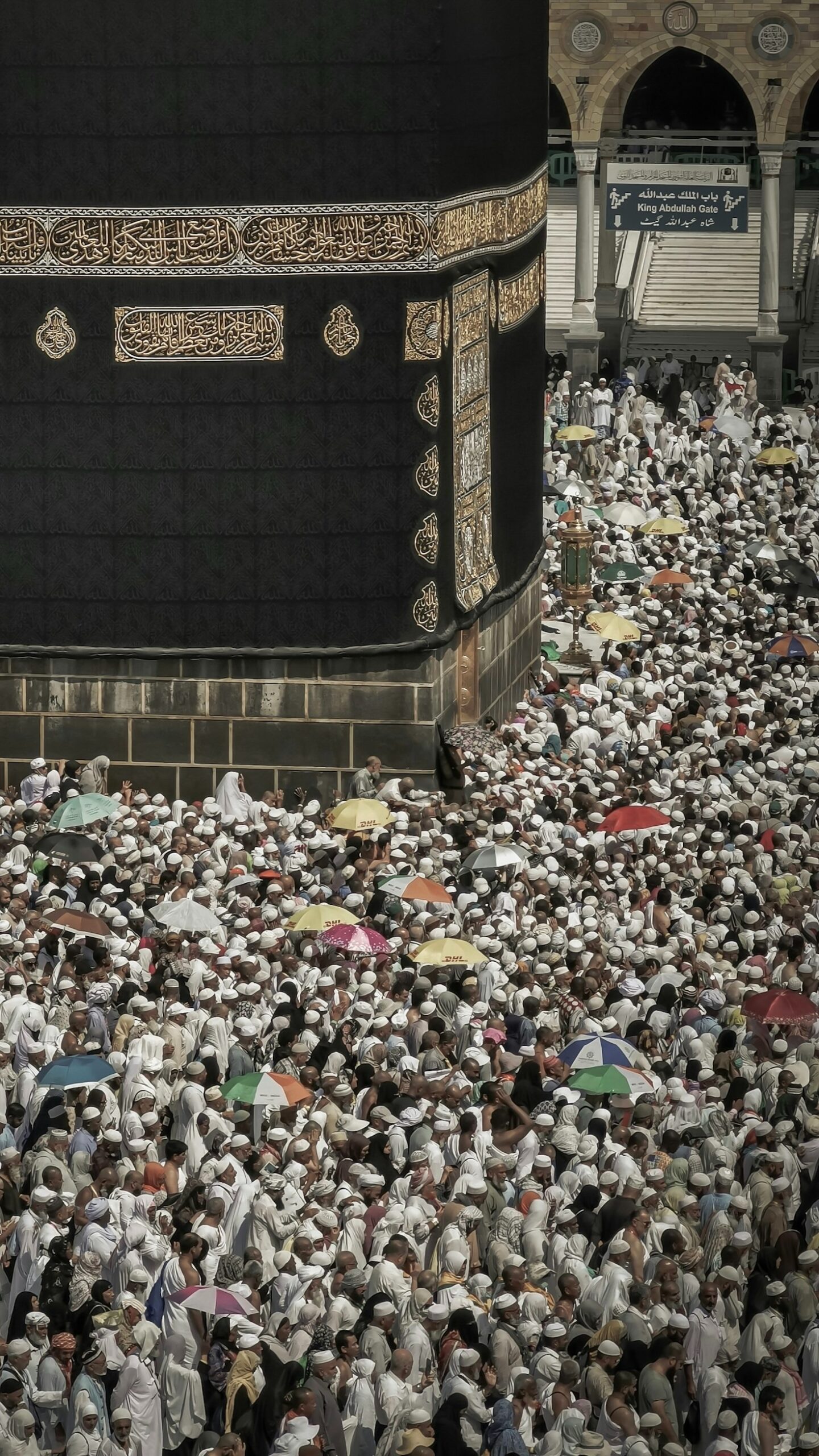The Kaaba is of significant importance to Muslims within the context of Islam due to its profound historical and religious relevance. It is regarded as the inaugural house of worship dedicated to Allah, constructed by the Prophet Ibrahim (AS) alongside his son Ismail (AS).


The Kaaba acts as the central point for the prayers of Muslims, who orient themselves towards it during their daily prayers, symbolizing unity and the singularity of Allah. It epitomizes the spiritual nucleus of Islam, encapsulating the principles of monotheism and devotion.
Furthermore, the Holy Kaaba is the principal location for the annual Hajj and Umrah, which are essential pillars of Islam. Pilgrims undertaking Umrah and Hajj from across the globe converge in Mecca to engage in rituals surrounding the Kaaba, thereby reaffirming their faith and nurturing a sense of community and equality among Muslims.
The Quran references the Kaaba and its significance in multiple verses. Below are several Quranic verses that underscore the importance of the Kaaba:
Surah Al-Baqarah (2:125)
“And [mention] when We made the House a place of return for the people and [a place of] security. And take, [O believers], from the standing place of Abraham a place of prayer. And We charged Abraham and Ishmael, [saying], ‘Purify My House for those who perform Tawaf and those who are staying [there] for worship and those who bow and prostrate [in prayer].’”
Surah Al-Imran (3:96)
“Indeed, the first House [of worship] established for mankind was that at Makkah – blessed and a guidance for the worlds.”
Surah Al-Hajj (22:26-27)
“And [mention] when We designated for Abraham the site of the House, [saying], ‘Do not associate anything with Me and purify My House for those who perform Tawaf and those who stand [in prayer] and those who bow and prostrate. And proclaim to the people the Hajj [pilgrimage]; they will come to you on foot and on every lean camel; they will come from every distant pass.
What is the significance of the Kaaba during Hajj and Umrah?
The Kaaba is of great importance during Umrah and Hajj, the yearly pilgrimage in Islam. It plays a crucial role in the rituals carried out by millions of Muslims during this holy journey. Throughout Hajj and Umrah, pilgrims perform Tawaf, which involves circumambulating the Kaaba in a counterclockwise manner, symbolizing their devotion and unity.
The Kaaba serves as a central point for pilgrims, reminding them of their purpose and their connection to the Muslim community.
It symbolizes the House of Allah and functions as a spiritual guide, directing and motivating pilgrims throughout their Hajj and Umrah experience. The presence of the Kaaba during these pilgrimages strengthens the religious and cultural heritage of Islam, fostering a deep sense of reverence and spirituality among the pilgrims.
BAITULLAH – THE HOUSE OF ALLAH – BAITULLAH.COM

